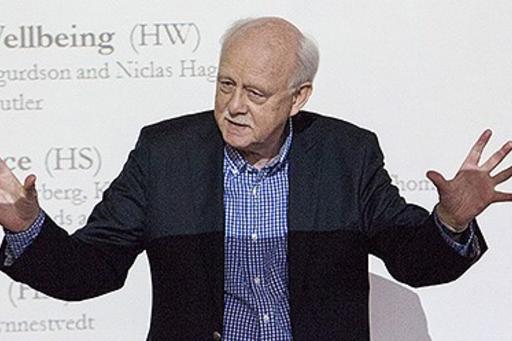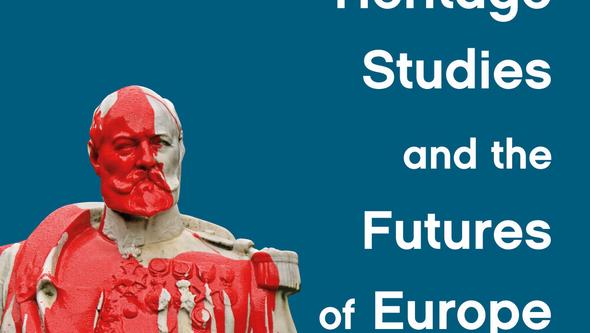- Hem
- Aktuellt
- Hitta nyheter
- Ny publikation – resultat från EU-finansierad forskarskola CHEurope
Ny publikation – resultat från EU-finansierad forskarskola CHEurope
Boken tar upp det europeiska kulturarvets verkligheter och framtider genom nya röster, paradigm och metoder.
CHEurope var ett doktorandutbildningsprogram i kulturarv som finansierades av EU, Marie Sklodowska-Curie actions (MSCA) – Innovative Training Networks (ITN). Projektet var ett samarbete mellan universitet och kulturarvsorganisationer i Sverige, Storbritannien, Nederländerna, Portugal, Spanien, Belgien och Italien. 15 doktorander genomgick forskarutbildning på olika håll i Europa inom projektet som leddes av professor Kristian Kristiansen, Göteborgs universitet.
Målet med CHEurope var att utveckla ett nytt integrerat ramverk för att förbättra den akademiska och professionella utbildningen och möjliggöra framtida jobbmöjligheter inom bevarande, förvaltning och främjande av kulturarvet.
Boken Critical Heritage Studies and the Futures of Europe, har redigerats av Rodney Harrison, Nélia Dias och Kristian Kristiansen och är ett av många resultat av CHEuorope-projektet.

Boken finns att ladda ner open access via UCL Press.
”Detta projekt och boken har inspirerats av idéerna och forskningsteman inom ramen för Centrum för kritiska kulturarvsstudier. Slutkonferensen som resulterade i boken hölls på Göteborgs universitet och avrundade projektet,” säger Kristian Kristiansen, föreståndare för CHEurope och en av redaktörerna för boken.
About the book
Cultural and natural heritage are central to ‘Europe’ and ‘the European project’. They were bound up in the emergence of nation-states in the eighteenth and nineteenth centuries, where they were used to justify differences over which border conflicts were fought. Later, the idea of a ‘common European heritage’ provided a rationale for the development of the European Union. Now, the emergence of ‘new’ populist nationalisms shows how the imagined past continues to play a role in cultural and social governance, while a series of interlinked social and ecological crises are changing the ways that heritage operates. New discourses and ontologies are emerging to reconfigure heritage for the circumstances of the present and the uncertainties of the future.
Taking the current role of heritage in Europe as its starting point, Critical Heritage Studies and the Futures of Europe presents a number of case studies that explore key themes in this transformation. Contributors draw on a range of disciplinary perspectives to consider, variously, the role of heritage and museums in the migration and climate ‘emergencies’; approaches to urban heritage conservation and practices of curating cities; digital and digitised heritage; the use of heritage as a therapeutic resource; and critical approaches to heritage and its management. Taken together, the chapters explore the multiple ontologies through which cultural and natural heritage have actively intervened in redrawing the futures of Europe and the world.

Läs mer om CHEurope via: http://cheurope-project.eu/
Boken kan läsas och laddas ner via UCL Press: https://uclpress.co.uk/CriticalHeritage
För ingående institutioner vid GU se relaterat innehåll nedan.




